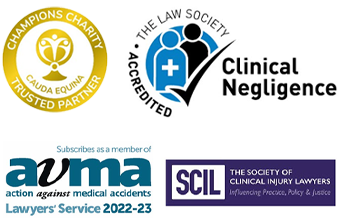New guidelines have been issued in an attempt to reduce the time it takes for GPs to diagnose cancer.
The National Institute of Health and Care Excellence (NICE), who devised the guidance, says it could save around 5,000 lives each year.
Experts say action is necessary if cancer survival rates in England are going to improve. They are presently lagging behind the best in Europe.
Emphasis has been placed upon recognising the general signs of cancer, rather than waiting for a whole host of symptoms to arise.
It is hoped this will prompt GPs to consider cancer sooner, meaning patients will undergo tests earlier than is currently the case.
Early access to treatment
The guidelines also recommend that GPs request tests directly, preventing the need for a referral to a specialist.
Patients will be able to access CT scans and other examinations, such as endoscopies, without having to wait for an appointment with a specialist.
This should speed up the diagnostic process, ensuring patients receive timely treatment. This is very important as the earlier cancer is detected, the better the prognosis will be.
Follow-up appointments should also be given to patients who have concerning symptoms which are not yet indicative of cancer. Such safety nets will help prevent a missed diagnosis.
Professor Mark Baker from NICE said: “Throughout the history of European cancer statistics Britain has lagged behind the best European countries.”
“The main reason for that is that people tend to present with a cancer at a more advanced stage.”
“This guideline specifically addresses that shortfall. We estimate it will [save] about 5,000 lives a year.”
Sara Hiom of Cancer Research UK said: “Research would indicate we do fewer diagnostic tests in this country than comparable countries, but there is a lack of workforce, perhaps a lack of kit, to do those tests, so patients may be missing out because there are delays, backlogs or bottlenecks and this really does need to be addressed.”
Legal advice
Every year thousands of lives are lost or adversely affected because of delays in cancer care. If you or your loved one has suffered injuries because of poor medical care, please contact us to discuss your options.
Share Article With:

|

|

|

|

|

|



